 falcon
falcon
Birds of a Fiber: A look at Falcon, a modern asynchronous web server for Ruby
Falcon aims to increase throughput of web applications by using Ruby’s Fibers to continue serving requests while other requests are waiting on IO (ActiveRecord queries, network requests, file read/write, etc). Read more
 engineering
engineering
Understanding page faults and memory swap-in/outs: when should you worry?
How can you tell if page faults are slowing you down, and - above all - how can you avoid being shuffled in-and-out of the library? This blog dives into the answers to these very questions. Read more
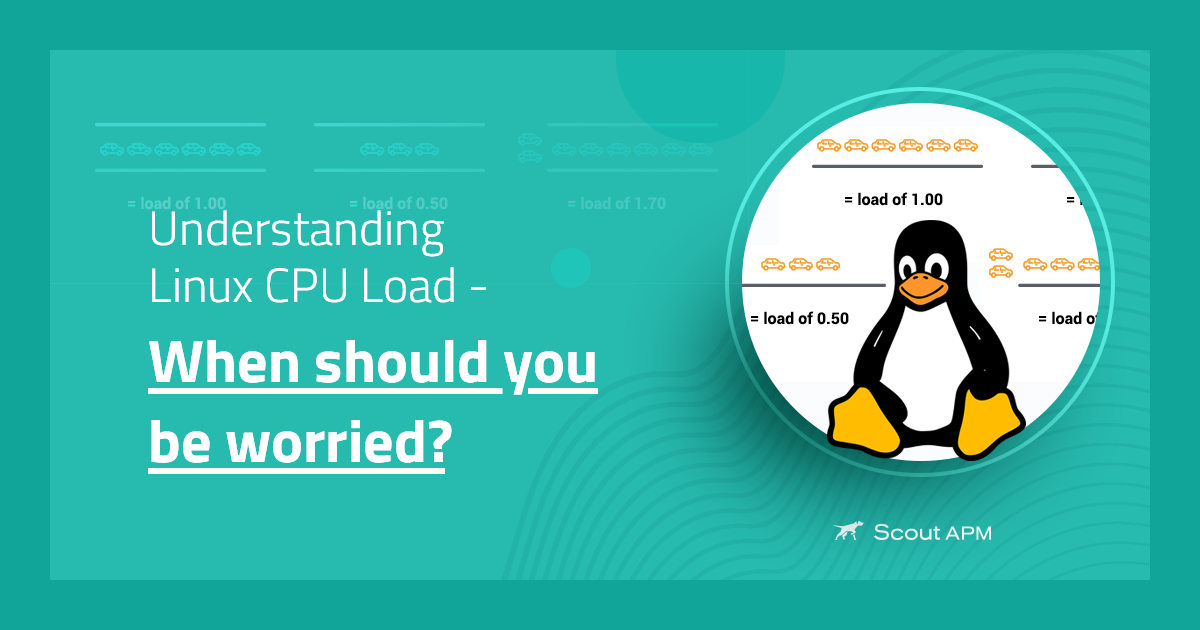 engineering
engineering
Understanding Linux CPU Load - when should you be worried?
Most people have an inkling of what the load averages mean: the three numbers represent averages over progressively longer periods of time (one, five, and fifteen-minute averages), and that lower numbers are better. Higher numbers represent a problem or an overloaded machine. Read more
 engineering
engineering
Monitoring Apdex with Scout APM
There is no doubt that looking at response times and memory usage is essential to understanding the general health and performance of your application. But as I am sure you are aware, there is more than one way to monitor an application. Approaching monitoring from a different angle can be a powerful way of gaining new insights. If all you did was watch for high response times or areas of memory bloat, then you might overlook something far more simple: the user’s general level of satisfaction. So how can we monitor this rather broad concept of user satisfaction? Well, we can monitor this with a rather useful metric known as the Apdex score... Read more
 rails
rails
What’s new in Rails 6?
With the official release of Rails 6 just around the corner, we round up all the major new features coming your way. It is an exciting release due to some big features coming upstream from the Basecamp and GitHub projects. Amongst the many minor updates, useful tweaks and bug fixes, Rails 6 will ship with two completely new frameworks: ActionText and ActionMailbox, and two big scalable-by-default features: parallel testing and multiple database support. So set your Gemfile to get Rails 6.0.0.rc1 and let’s get started! Read more
 ruby
ruby
Unicorn vs. Puma vs. Passenger: which app server is right for you?
The Ruby app server ecosystem has consolidated around three app servers: Unicorn, Puma, and Passenger 5. What specific problems must an app server solve for Ruby? How do you pick the right app server? Read more
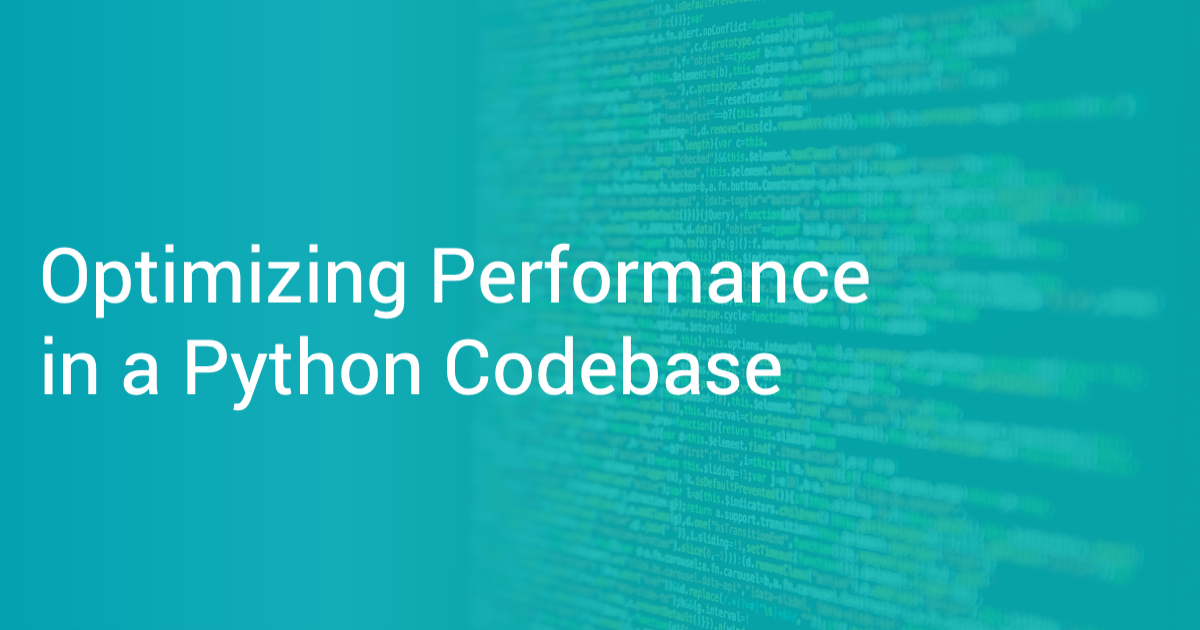 python
python
Identifying bottlenecks and optimizing performance in a Python codebase
In this post, we will walk through various techniques that can be used to identify the performance bottlenecks in your python codebase and optimize them. Read more
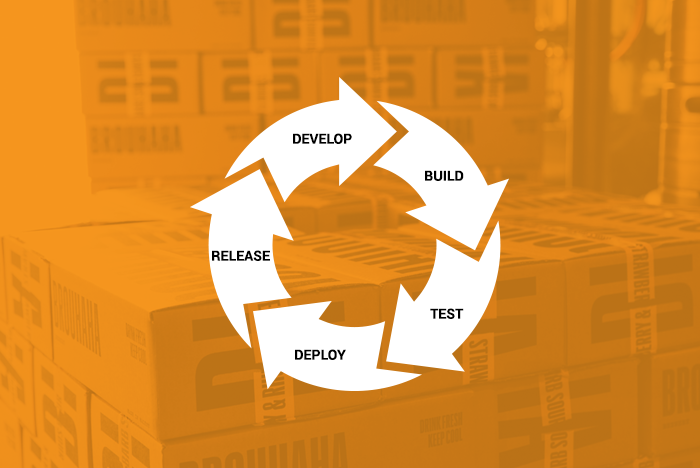 engineering
engineering
Continuous Deployment Tools
Software development has changed rapidly over the last ten years. Many companies have moved away from the traditional waterfall development model to an agile methodology, and this has meant embracing continuous integration and continuous delivery practices. But how about taking it one step further with continuous deployment? Are you deploying to production automatically, without any human intervention? Some of the major products we rely on everyday are. We take a look at some of the best continuous deployment tools and put them head-to-head. Read more
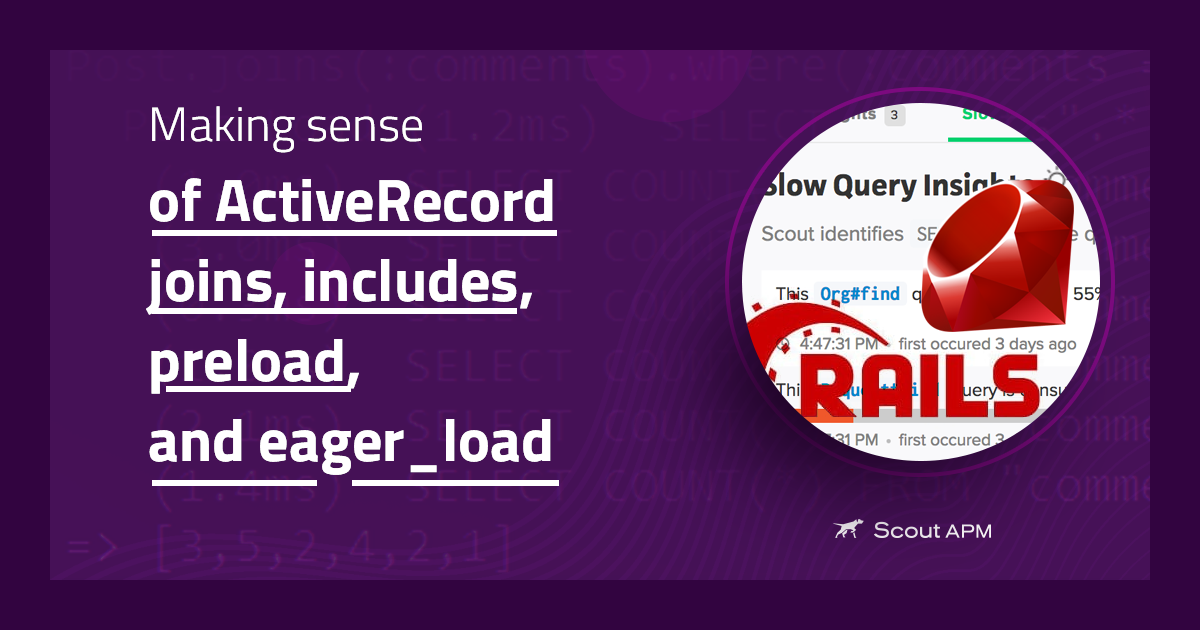 rails
rails
Making sense of ActiveRecord joins, includes, preload, and eager_load
Like a pair of jumper cables, ActiveRecord's joins , includes , preload , and eager_load methods are incredibly useful, but also very dangerous when used incorrectly. Knowing when and where to use each approach - and even when to combine them - can save you considerable trouble. Read more
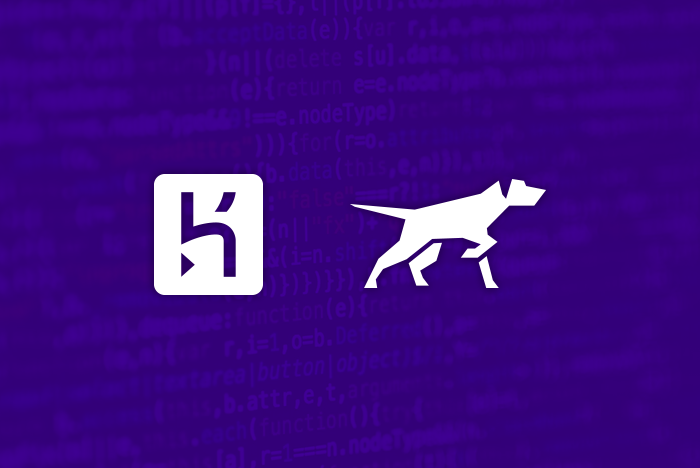 heroku
heroku
Understanding Heroku Error Codes with Scout APM
If you are hosting your application with Heroku, and find yourself faced with an unexplained error in your live system. What would you do next? Perhaps you don’t have a dedicated DevOps team, so where would you start your investigation? With Scout APM of course! We are going to show you how you can use Scout to find out exactly where the problem lies within your application code. We are going to walk through two of the most common Heroku error codes and show you how to diagnose the problem with Scout quickly and efficiently. Read more

